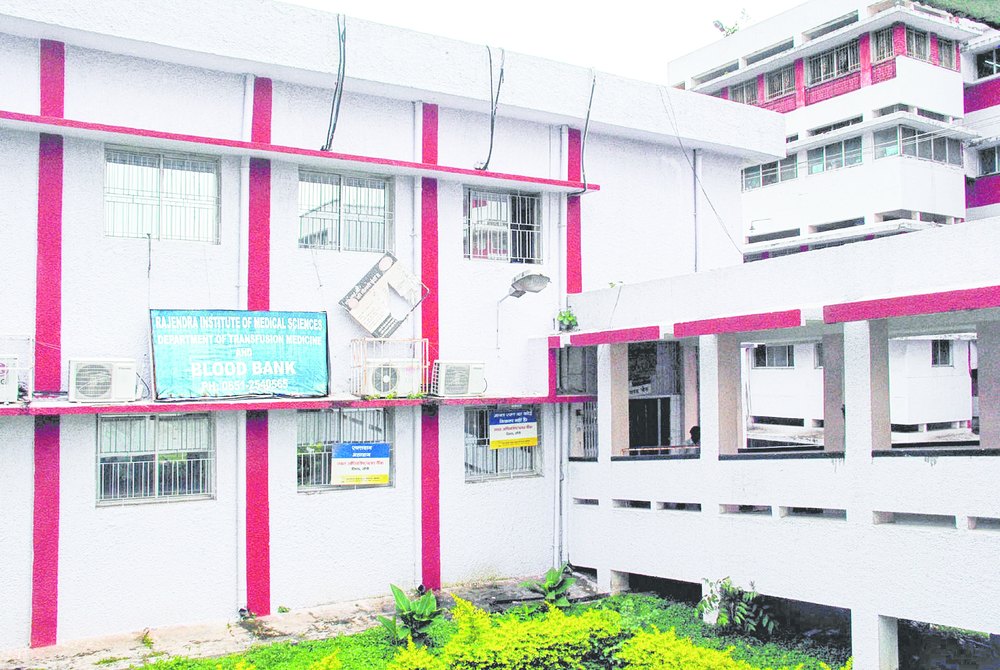

If there were an award for indifference, RIMS in Ranchi would have been one of its top claimants.
The state-run health institution, which did a first by procuring a lifesaving blood separator technology two years ago and then persevered for a licence that was finally granted in April this year, has not been able to extend the facility to patients as yet apparently in the absence of "verbal orders" to do so.
Dr R.K. Srivastava, the head of RIMS blood bank, told The Telegraph that the machine had not been used even once in the past four months because they didn't receive the mandatory go-ahead.
"Someone (health minister Ramchandra Chandravanshi who chairs the RIMS general body meeting) has to say, ' chalu karo (get started)', before we can do so. Besides, rates need to be fixed (for those patients who need various components of blood). I can't fix rates. The hospital administration has to do it," Srivastava said, adding that he had sent umpteen reminders to the authorities concerned.
"Apheresis is a single-donor closed system that uses special blood bags, each priced at Rs 7,000. We need to know how much people above poverty line must be charged for platelets and other components. The sooner the rates are fixed, the sooner we can use the technique," the blood bank chief maintained.
In 2013, RIMS had won the distinction of becoming the first government hospital in Jharkhand to boast an apheresis machine, which allows break down of blood into its various components such as red blood corpuscles, white blood corpuscles and platelets, and thereby pointed treatment of diseases such as malaria, dengue and even leukaemia.
In April, the Drug Controller General of India (DCGI) regional office in Calcutta renewed the licence of RIMS that had expired in 2012 and simultaneously, issued the licence for use of the high-end centrifugal apparatus procured from the US for Rs 25 lakh.
Srivastava said manpower was never an issue. "Four technicians and a medical officer were trained in 2013, but they are unable to put their acquired skills to good use. Patients who could have benefited from the procedure are suffering unnecessarily," he rued.
A senior nurse in the dengue ward of RIMS said currently they had four patients. "Two of them urgently needed platelets, which the blood bank struggled to provide," she said.
For treatment of dengue, platelets or thrombocytes are required. The normal platelet count in an adult is 1.5 lakh per cubic millimetre of blood, which drops drastically in an infected person. Thrombapheresis is the type of apheresis that can separate fresh platelets from a donor's blood.
Similarly, plasmapheresis, erythrocytapheresis and leukapheresis are processes to separate plasma, red blood corpuscles and white blood corpuscles, respectively. While RBCs are required to cure sickle cell anaemia and severe malaria, leukapheresis can benefit blood cancer patients. It is an effective step before chemotherapy. Plasmapheresis, on the other hand, rectifies neuromuscular diseases such as myasthenia gravis.
Patients and their kin, most of them poor and semi-literate, barely know what they are missing. "We are spending Rs 350 for each platelet transfusion; for some people it may be free. If there is indeed a technology that makes separation of blood easier, why is RIMS not using it?" a relative in the dengue ward asked.
Please answer, Mr Minister.










